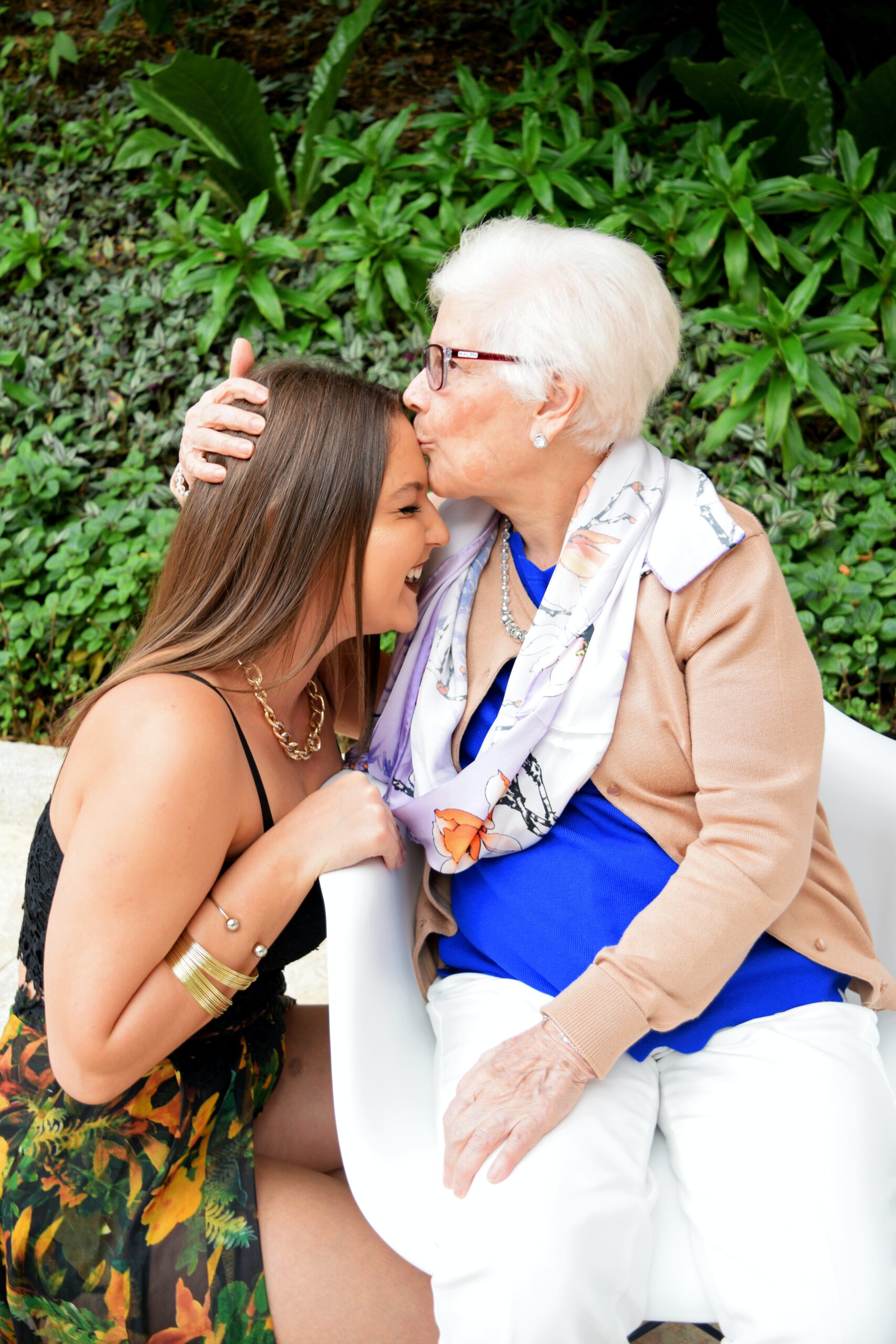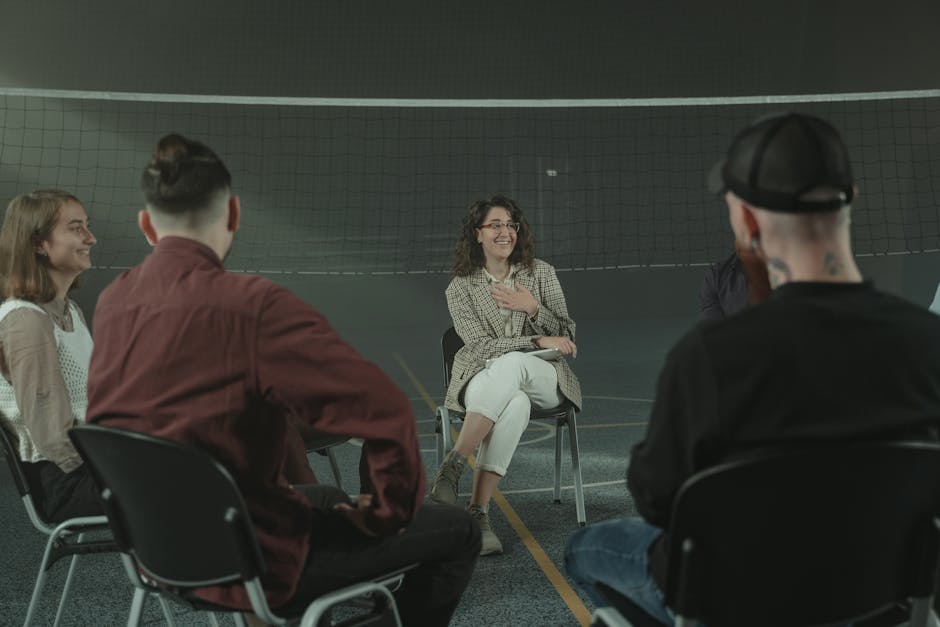
And why the rates differ between older #men and #women.
In recent years, there has been a growing focus on the troubling rise of #mentalhealthissues in the young #adult population. This attention is vital — but there’s another age group that witnesses staggeringly high #suiciderates and is receiving much less attention, and that’s the older population of #adults in #America.
According to the #CentersforDiseaseControlandPrevention, #men who are 85 years or older have the highest #suicide rate of any group in the country — more specifically, older #white #males. To put that into perspective, #suicide is the 11th leading cause of death for #Americans, but #white #men over the age of 65 commit #suicide at almost three times that rate.
Perhaps even more astonishingly, the #American Association for Marriage and Family Therapy (AAMFT) has suggested that this rate is under-reported by as much as 40 percent, because of “silent suicides,” which is when the cause of a self-inflicted death is declared as something other than #suicide, like overdoses or self-starvation.
This inspires an obvious question: Why?
Why #male #suiciderates are higher than #female #suiciderates
The first conclusion you come to might be as obvious as the question itself. People are living longer than ever before in human history, and with that longevity can come chronic disease and illness. Some #elderly people might choose #suicide as a means of ending that pain or those endless treatments — and alternatively, this is why more and more states are legalizing #physician-assisted #suicide as a means of dying with agency and dignity.
But this doesn’t explain why #elderly #men die by #suicide at significantly higher rates than #elderly #women.
This #gender disparity persists in every single age group: #Men of all ages consistently die by #suicide at higher rates than #women. And yet, there’s a statistic that further complicates this disparity: Women attempt #suicide at higher rates than #men.
The main explanation for this quandary, according to BBC, is that #malesuicide methods are more violent than #female #suicide methods, and #male #suicides more frequently use #firearms as a method.
Another explanation has to do with intent: One study on the topic suggested that #men tend to have stronger feelings of suicidal intent than #women. According to experts, this could come down to a matter of psychology — specifically the differing ways we teach #males versus #females to process and engage with their own emotions.
“We tell #boys that ‘boys don’t cry’,” Colman O’Driscoll, former executive director of operations and development at an Australian #suicideprevention charity, told BBC. “We condition #boys from a very young age to not express emotion, because to express emotion is to be ‘weak’.”
As a result of that socialization, men might not feel the same ability to express their #mentalhealthissues to friends and family, or to even get medical help.
Why #suiciderates for the #elderly are much more likely to result in death
Another alarming statistic is that #suicideattempts are much more likely to result in death in older generations than they are in younger generations.
According to the #SuicidePrevention Resource Center, there are multiple reasons for this unfortunate trend. First, older people tend to plan more carefully than younger people and use deadlier methods.
Second, older people tend not to receive as much attention as an #adolescent might receive, which means their loved ones might not notice #mentalhealth red flags. Devastatingly this also means that the elderly are also less likely to be rescued or discovered before death.
The generally increased frailty of older people means that they’re less likely to recover from a #suicideattempt than a younger person.
#James Donaldson notes:
Welcome to the “next chapter” of my life… being a voice and an advocate for #mentalhealthawarenessandsuicideprevention, especially pertaining to our younger generation of students and student-athletes.
Getting men to speak up and reach out for help and assistance is one of my passions. Us men need to not suffer in silence or drown our sorrows in alcohol, hang out at bars and strip joints, or get involved with drug use.
Having gone through a recent bout of #depression and #suicidalthoughts myself, I realize now, that I can make a huge difference in the lives of so many by sharing my story, and by sharing various resources I come across as I work in this space. #http://bit.ly/JamesMentalHealthArticle
Order your copy of James Donaldson’s latest book,
#CelebratingYourGiftofLife:
From The Verge of Suicide to a Life of Purpose and Joy
www.celebratingyourgiftoflife.com
What we can do as a society to better support our older generations
One of the major sources of unhappiness and #depression for older people is #loneliness, according to Thomas Young, MD, chief medical officer and founder of Proem #Behavioral Health.
“We have a #loneliness epidemic among aging populations who are too often disconnected from the community,” he explains. “#Socialisolation negatively impacts their #mentalhealth with profound and far-reaching repercussions for individuals, families, and communities.”
One solution for this issue, luckily, is pretty straightforward. If you have an older person in your life, like a #parent or a grandparent, you can make an effort to reach out to them, spend time with them, and make it clear that they are a beloved part of your life.
“People of every age — but especially older people — need to be connected to other people,” Dr. Young says. “They need an environment where they feel comfortable sharing their thoughts and feelings, and a sense of community that’s often lacking.”
If you are the one who feels that sense of #loneliness and #isolation, then it’s also worth remembering that you can reach out to your loved ones and let them know how you’re feeling.
“Everyone, including older people, must take the often difficult step of reaching out to others,” Dr. Young explains. “Connection is critical to healing. Whether reaching out to a family member, #mentalhealthexpert, healthcare facilitator, or other resources, taking that first step opens the gateway to health and healing.”
Anyone contemplating #suicide should contact the #NationalSuicidePreventionLifeline by dialing #998. This three-digit dialing code is staffed 24/7 and will connect people in suicidal crises or emotional distress to support services.





